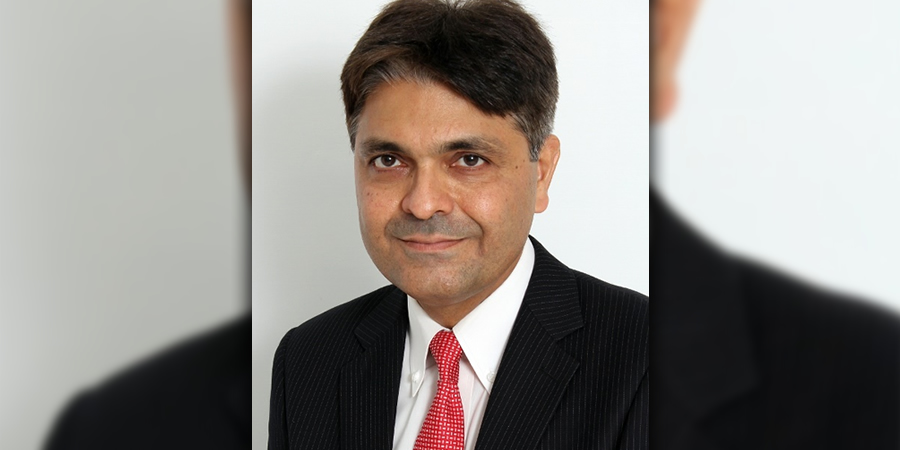COVID-19 has undoubtedly cast it shadow over all industries and has proven the significant reliability on communication. The satellites industry is playing an important role during these difficult times by guaranteeing connectivity and entertainment to people all over the world. Imran Malik Khan, VP, global sales fixed data, SES Networks spoke to Telecom Review about the company’s role during these difficult times.
How has the coronavirus affected the business of SES?
The satellite industry is a relatively resilient one, yet one of the challenges for our industry, as with many others, will be the consequences of COVID-19 on the global economy. While our customers in cruise and aviation are currently impacted because of lack of travel, we are confident that once we win our fight against this virus these verticals will quickly resume activity. At the same time we are seeing some customers in other verticals step forward to request for more connectivity services.
During this period of pandemic, the positive role we play and the meaningful impact on society have never become more apparent. We provide connectivity and entertainment to people – both are extremely significant in a time where more than half the world are practicing social distancing. Our industry helps to unburden networks and keep them running while people are working from home and in remote sites. Additionally, due to satellites, millions of people are able to follow news and broadcast programs that are keeping them informed and entertained during this difficult time.
This is why we make sure that our operations are running seamlessly and our customer services are uninterrupted. To ensure our customers can continue to rely on us for critical content delivery and connectivity services, we have implemented and maintained a business continuity management system in accordance with the ISO 22301-2019 international standard.
We operate fully-redundant and geographically-agnostic Satellite Operations and Networks Operations Centre systems to ensure the seamless operations of our customer services and satellite fleets. Our operations teams are also working on rotating shifts either using remote secure connections from home or operating regular services onsite.
Do you see any positive outcomes emerging from this whole situation, especially for SES?
Some of the positive outcomes that we are witnessing during this period is the fact that we are seeing so many of our people come together to make sure we continue to serve our customers, one another, and the community.
We have a program called SES Giving Back which is an opportunity for all of us to make a difference in our communities. In exceptional times such as these with the COVID-19 pandemic, giving our support to those who need it is not only an act of solidarity, but also a great way to align our personal purpose with that of the business.
In what way are you helping your customers to face the challenges that were imposed by the pandemic?
The economic, social and technological challenges imposed by the pandemic are severely impacting many nations. Connectivity is a crucial factor given the restrictions on movement and SES is supporting companies, communities and NGOs with connectivity services.
For example, SES was able to increase network capacity to OptimERA so that residents and businesses in parts of Alaska could access city-wide Wi-Fi and broadband services as always despite the “Stay at Home” rule. We are also proud to be part of the Luxembourg government's SATMED project. Remotely-located NGOs’ healthcare professionals in Bangladesh and Niger are using the e-health SATMED platform, enabled by SES’s satellite capacity, to receive updated information on COVID-19 and to communicate directly with national and international doctors.
SES has a dedicated team of specialists deployed to accelerate the delivery of satellite communications services, augment or provide back-up with additional temporary capacity and network services, and to leverage our direct cloud connectivity to provide reliable, secure, optimised cloud services directly to our customers’ network.
Last but not least, we have also rolled out a Rapid Network Deployment Service Package which aims to get vital internet connectivity virtually anywhere to alleviate increase in traffic and connectivity to remote locations
Once this is over, where do you see the satellites industry headed? Do you predict any ensuing changes?
The world post COVID-19 will be different, this pandemic will change our perception, our way of living and even our culture. We will be and feel different in many ways. The fact that we are enablers in overcoming some of the challenges presented by working remotely and being online will have unprecedented effects on our industry. We believe 2021 will be the year where our industry will emerge from the direct impact of this pandemic and that’s when opportunities will arise for us to deliver our services whenever, wherever our customers need us.










